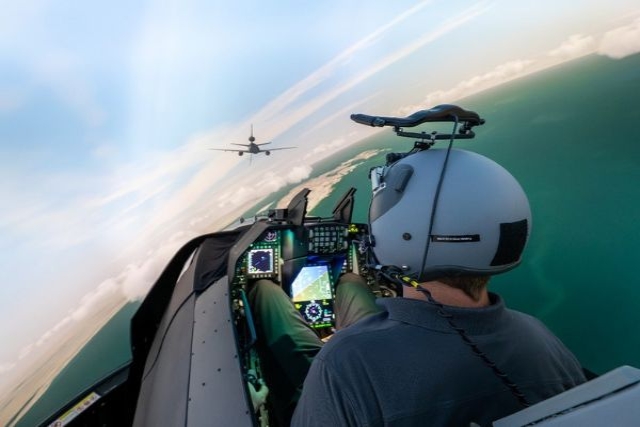Raytheon Wins Ship Self Defense System Contract From U.S Navy
Raytheon has been awarded a $22.5 million contract from the U.S Navy for the Ship Self-Defense System. Under the terms of the contract, Raytheon will continue system development, test and integration, as well as Platform Systems Engineering Agent (PSEA) services and support for fleet-deployed systems. SSDS is an open, distributed combat management system in service on carriers and amphibious ships, including CVN, LSD dock landing ship, LPD, LHA and LHD classes. The LHA variant is nearing initial deployment, a technical refresh of the LSD-class is almost complete, and system development is underway for the new CVN 78-class of aircraft carriers. SSDS is designed to expedite the detect-to-engage sequence to defend against anti-ship cruise missiles. The system integrates and automates standalone sensors and weapon systems to provide the required, quick response and multi-target engagement capability. "SSDS is a deployed and proven combat management system, delivering outstanding capabilities and performance as well as the reliability, refresh and the inherent interoperability benefits of an open architecture design," said Kevin Peppe, vice president of Seapower Capability Systems for Raytheon's Integrated Defense Systems business. "The evolution of SSDS -- spanning decades, ship classes, sensors and weapons systems -- demonstrates Raytheon's ability to deliver innovation in a platform-agnostic approach for all major naval surface platforms". In addition to the contract, the Navy has announced its intent to increase the current PSEA contract ceiling by $50 million to extend SSDS services and support through its Fiscal Year 2013. Raytheon has been the SSDS PSEA since 2008, providing ongoing maintenance, upgrades and lifecycle support for both new ship programs as well as legacy ships. As PSEA, Raytheon has achieved consistently favorable customer performance ratings over the life of the contract.










